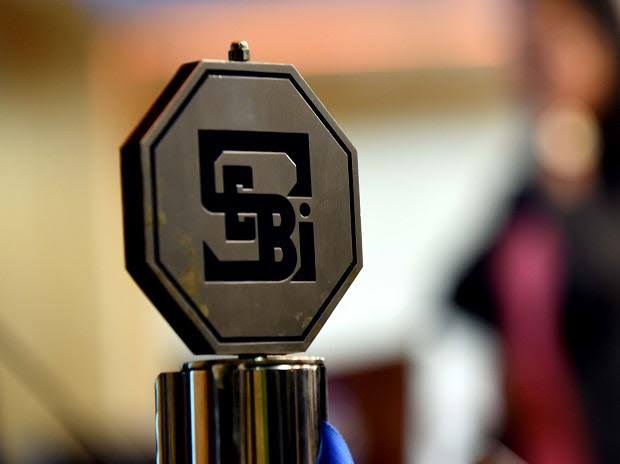The Securities and Exchange Board of India (Sebi), the market regulator, has launched an offensive against mule accounts. Certain bankers and wealth managers are suspected of utilizing mule accounts to inflate the number of people signing up for debt issuances and initial public offerings (IPOs), according to some of the regulatory orders that Sebi has recently issued.
According to Sebi’s suspicions, bids from these mule accounts are either withdrawn before the final allotment or the applications are purposefully filled out incorrectly to result in rejection.
How do mule accounts work?
An account that is made by one person but is used by another is known as a mule account. These accounts are frequently used for tax evasion and money laundering.
A demat account or bank account used to hold shares could be considered a mule account. Regulations mandate that the person whose Know Your Customer (KYC) documentation was submitted at account opening, or the beneficial owner, should control and utilize any bank account or demat account.
How are mule accounts being used in stock markets?
There is a particular quota of shares earmarked for both retail and rich investors in all first public offerings (IPOs). The demand for initial public offerings (IPOs) has increased dramatically in the past several years, and occasionally the retail quota is oversubscribed by 10–20 times the number of shares allotted for the category. An investor typically has one chance to place a bid during an IPO.
But it seems like some investors have been teaming up with friends and family and placing many bids. The original investor funds the mule account with the bid money. In the event that shares are allotted to these accounts, the beneficial owner sells them on listing day and keeps the revenues. The owner of the mule account receives a 20-30 percent cut for allowing his account to be used for the transaction.
Why is Sebi cracking down on mule accounts?
According to Sebi’s surveillance, some investment bankers were inflating subscription numbers for debt market issuances and initial public offerings (IPOs) by using these mule accounts. These offers are typically available for public subscription for three days. In the event that investor demand was not met on the first day, bankers would place bids using mule accounts.
Due to the misleading impression that the issue was receiving a high number of subscriptions, many naive retail investors were led to place bids. Bankers would remove the bids placed from the mule accounts once subscription levels had stabilized.
Additionally, Sebi has noted that bankers have occasionally used mule accounts to purposefully make incorrect bids. The application would be rejected at the time of allocation due to its errors.
Is it against the law to use mule accounts?
Investors who use these kinds of accounts ought to be aware that they are breaking multiple restrictions regarding mule accounts. First off, the Prevention of Money Laundering Act permits prosecution for holders of mule accounts (PMLA).
Tax regulations prohibit such arrangements as well. According to regulations from the Reserve Bank of India (RBI) and Sebi, these accounts shouldn’t be used. Legal experts state that regulatory action may be taken against both the investor and the mule in such circumstances.
